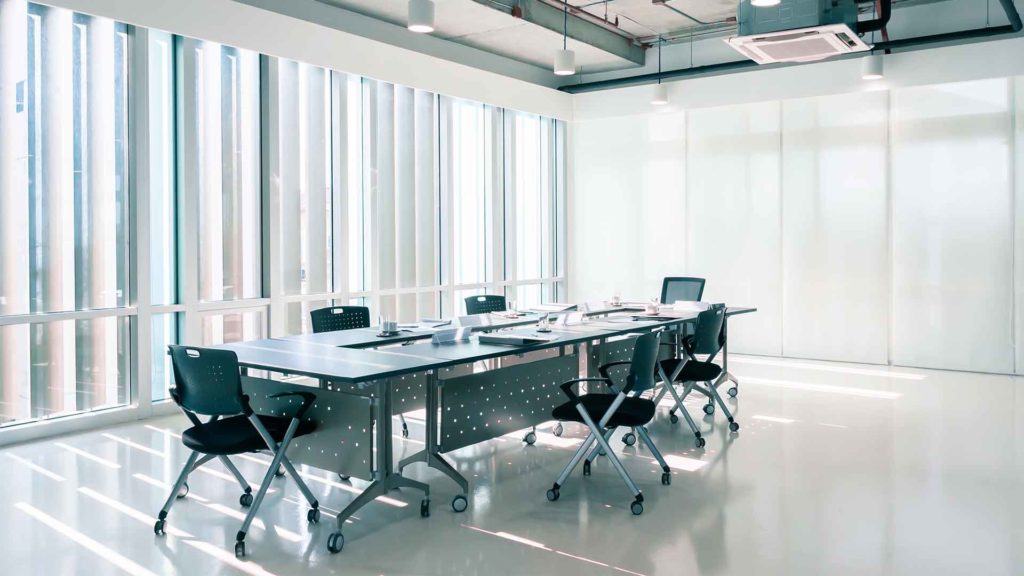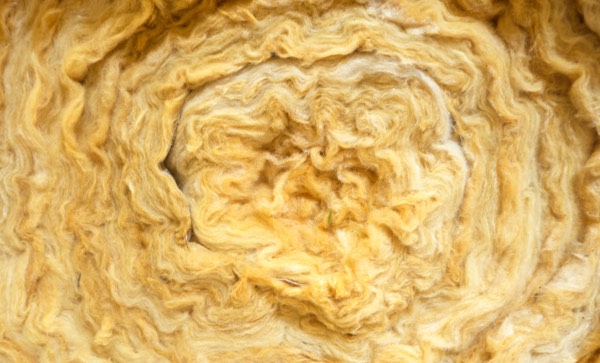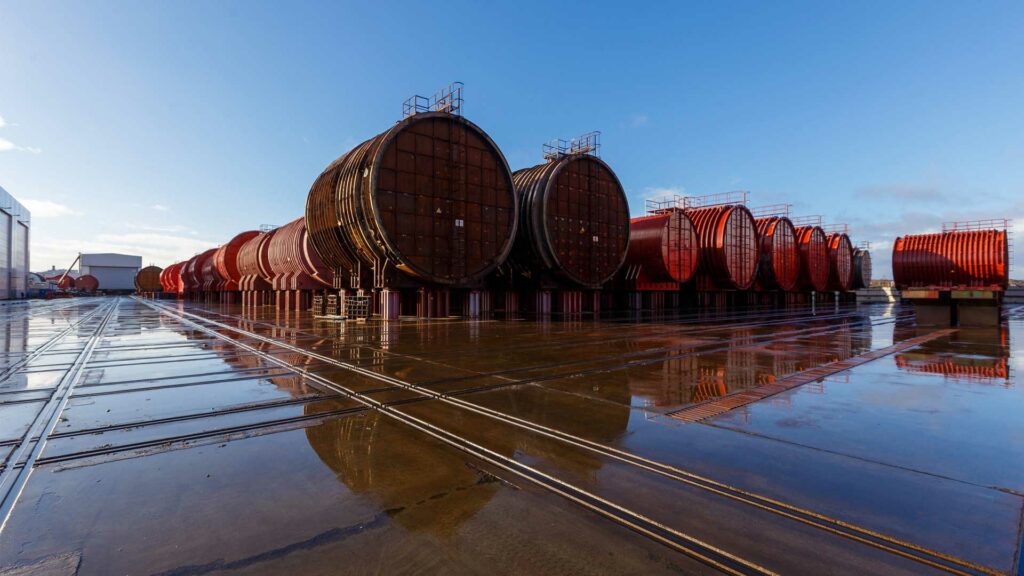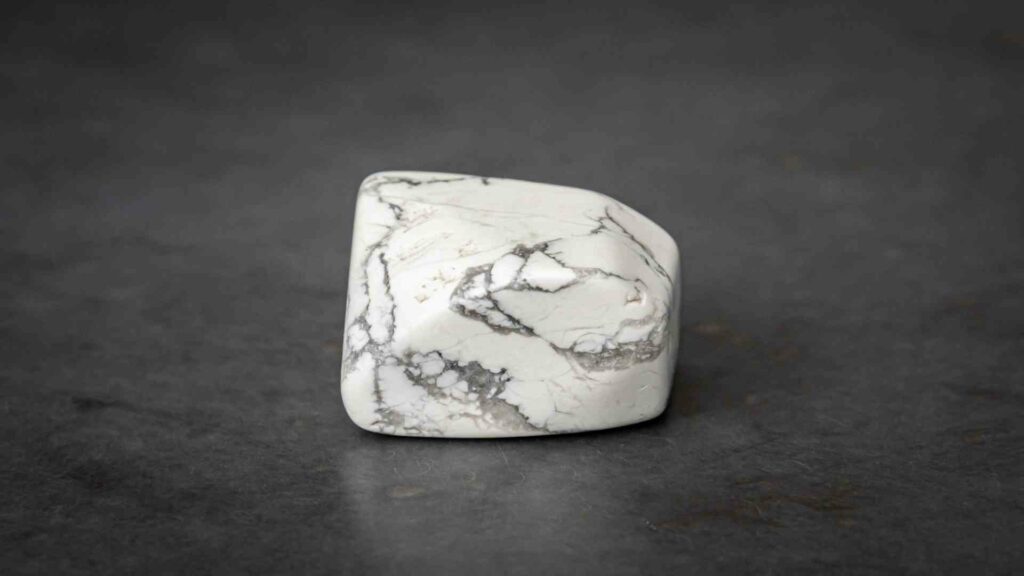Boronated Fiberglass: Safety First
Boronated Fiberglass is a new, safe alternative to fiberglass. It is a type of borosilicate glass that has been chemically treated with the element Boron. This material was invented in Japan, and it’s been getting a lot of attention from construction companies. Especially those looking for ways to make their buildings safer after the 2011 Tohoku earthquake are showing a keen interest.
Boronated Fiberglass
Boronated Fiberglass is an alternative to traditional glass and carbon fiber composites for structural applications such as airplane wings, car bodies, and boat hulls. This fiberglass can be used in any application where we would use regular fiberglass. Or it is applicable in other types of composites made from glass or carbon fibers. It is a beautiful alternative because this glass offers similar strength properties but at a lower cost than the rest. Interestingly, Boronated fiberglass is so desirable for various industries like aerospace and automotive manufacturing.
As a particular type of fiberglass, it has borax added to it. This addition makes the material more flame retardant, which can be helpful for those who are looking for products like this.
Boronated fibers can also help make products like sheetrock and drywall more fire-resistant, which means the building will be better protected in an emergency or natural disaster. There are many other benefits as well, including increased durability and strength. The trend towards sustainability has led engineers to develop materials that not only look good. They ensure that the materials also have the additional benefits of being environmentally friendly. This variety of fiberglass has lower emissions levels than traditional materials such as steel and concrete.
Applications of Boronated Fiberglass
We can use this material to create more robust, more durable products than traditional glass. One of the most popular uses for this product is manufacturing car windows due to its strength and durability. It is less likely to break when accidentally dropped on the ground, for example.
These qualities also make it an excellent choice for skylights or other roofing materials where weather resistance is essential. Boronated fiberglass has many applications in business settings, such as office partitions or conference room dividers. Glass-topped tables are another everyday use case for this material, which makes them ideal choices for restaurants. It can help the customers’ experience to be a bit more engaging.

Since, Boronated fiberglass is a type of glass that has borax added, making the material more robust and less susceptible to shattering or breaking. It is an excellent choice for any application where we would use regular glass because it offers similar properties at a lower cost. Applications vary widely depending on the industry, but this product shines when compared with alternatives. It is better than steel and concrete due to its environmental friendliness while still having all the advantages of using conventional building supplies.
Other applications
This glass-like material has the strength and durability of fiberglass with boron application that helps flame resistance. You can find Boronated Fiberglass in industrial settings, such as boilers or heat exchangers, where it provides insulation from high-temperature processes. Additionally, it protects against corrosion caused by acidic vapors and gases often found in these environments. Because it offers low thermal conductivity and is highly resistant to fire damage, Boronated Fiberglass can be used to create protective barriers around equipment without sacrificing performance.
Boronated Fiberglass is a unique fiber product that has been used in many applications. In the construction industry, it’s been used for pipes and tanks. It can be found on aircraft carriers as insulation to protect from explosion or fire risk.
Other potential uses include application in concrete slabs with water absorption properties for cooling purposes. You can also use it to reinforce asphalt roads by strengthening the strength of cement during production. Additionally, the material is widely valuable for bulletproof manufacturing glass due to its hardness and durability when exposed to extreme temperatures. There are endless possibilities when using boronated fiberglass because it protects against high-temperature fires, making it an excellent material for safety standards in different industries worldwide.
Advantages
Boronated fiberglass is a type of glass where we add boron to the mix. It is an excellent choice for those looking for a cost-effective solution to different insulation needs.
The first main benefit is its cost-effectiveness. Fiberglass is much less expensive than many other types of insulation materials on the market today. Another perk of using this type of insulation is that you don’t have to worry about any potentially harmful gases building up inside your home. Additionally, it won’t cause any problems like allergies or respiratory illnesses. You won’t need any special equipment to install this product either. You can use it in conjunction with many other insulation materials and enjoy the benefits they bring.

Boronated fiberglass is an excellent product that provides a low-cost, safe option for those who want to insulate their home while avoiding harmful gases like carbon monoxide. This type of glass also makes installation easy and doesn’t require any special tools or equipment. It is very similar to using regular insulation material such as fiberglass batts.
Boronated Fiberglass has several applications across different industries, including construction and manufacturing, where its heat-resistant properties protect from fire damage. Because this type of insulation effectively prevents fires before they start, you won’t have to worry about putting your employees’ or customers’ safety in jeopardy.
Conclusion
Boronated fiberglass is a new class of advanced composites. They have various proven advantages and applications. In addition, boron-containing glass fibers can be used in high-temperature insulation materials with excellent thermal conductivity for the aerospace industry. The innovative material will have many new applications in the future as well.





